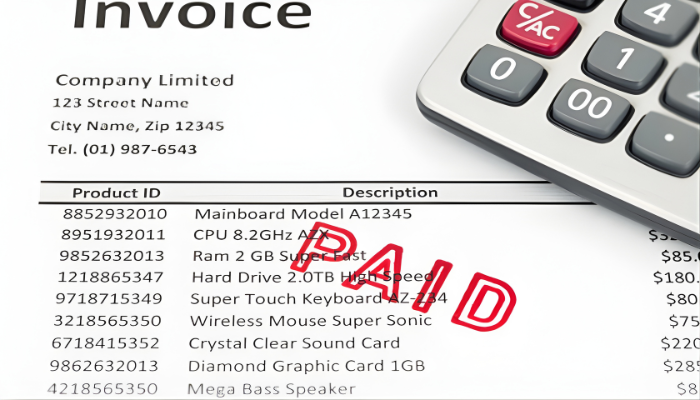
Invoice factoring can be the perfect solution for companies who need faster accounts receivable, go through seasonal business lulls, or want a no-interest alternative to small business loans. When a business utilizes a factoring company, it can obtain the instant funds needed to stay afloat during tough times. To succeed with invoice factoring, you must know how to become the ideal factoring client.
Learn if You’re a Good Candidate
If you’re one of many businesses that mistakenly believe invoice factoring is only for startups, think again. Companies of every size and industry benefit from invoice factoring. You can be the ideal factoring client regardless of how long you’ve been in business. If you need to maximize your cash flow, you’re a prime candidate. Seasonal companies often use invoice factoring to make up for a slow season. Other companies use it to solve specific problems, such as needing extra funds to create a new product.
Ask Yourself These Four Questions
Recognizing when and how invoice factoring can benefit your business—startup or not—is the best way to ensure success. If you don’t believe you’re the right candidate for funding, the factor you apply to won’t, either. Save yourself time and energy by finding out if you’re a good fit before you apply. Ask yourself these questions:
- Do your customers usually pay late?
- Do you have trouble paying employees due to customers’ delayed payment options?
- Do your customers have good credit?
- Is your company free from legal or tax problems?
If you answered “yes” to any of these questions, invoice factoring may be a good solution for you. It’s not enough to have a need for fast funds. A factoring company will take your clients’ credit history into consideration. They must determine a low risk of nonpayment to want to work with you. If you need fast cash to pay a debt you owe to employees or suppliers, to launch a new product, or cover a gap in spending, factoring can be a great option.
Compare Factoring to Your Other Options
Don’t assume a small business loan is the best way to cover your financial needs. Unlike a loan, with factoring, you don’t have to repay the funds or worry about interest payments. The bank dictates the amount of a traditional bank loan, making scalable cash flow impossible. Factoring, on the other hand, allows you to increase the amount of money you receive as you issue more invoices.
A bank loan may also dictate how you spend the money. For example, if you take out a loan for paying off bills, you may not be able to use it to create a new product, instead. When you choose factoring, you’re free to use the money however you need to, with no restrictions. You also don’t have to worry about proving to your lender that your company will grow because of the loan—a factoring company already has what it needs when you hand over your invoices.
Understand What Factoring Involves
While factoring can be the perfect solution for many businesses, it does come with certain stipulations. To succeed with invoice factoring, you should fully understand what the factoring company requires of you. Factoring requires fees you have to pay to the company for its services. This in itself isn’t surprising, but many companies may not realize that factoring typically requires higher fees for longer terms or higher-risk industries.
If your clients don’t pay, you may have to put up collateral—or the factoring company may increase your fees. There are specialized factoring companies that cater to specific industries. You should be cautious of factoring companies that offer an extremely low fee rate, and always save a copy of your contract. If you go about invoice factoring with these four tips, you should benefit from a notably successful factoring relationship.

















